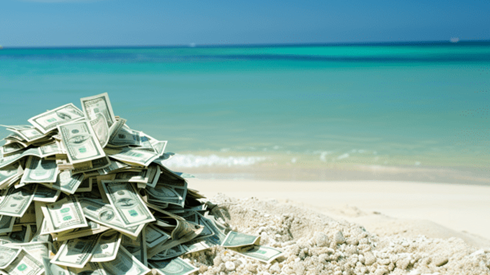Cayman Islands Sees Significant Increase in Insurer Licenses in Q2 2024

August 01, 2024 See Related Articles and Videos

The Cayman Islands Monetary Authority (CIMA) has reported a significant uptick in international insurer licenses for the second quarter of 2024. From April to June, CIMA issued 12 new licenses across various classes.
- Three Class B(i)s
- One Class B(ii)
- Six Class B(iii)s
- One Class C
- One Class D reinsurer
Additionally, two new insurance managers were licensed during this period.
In total, 24 new international insurance licenses have been granted in the first half of 2024, marking a 50 percent increase compared to the same period in 2023. This brings the number of Class B, C, and D insurance companies in the Cayman Islands to 700, with approximately $40 billion in premiums written and $151 billion in total assets, not including individual cells.
The Class B license category under Cayman's insurance law encompasses a range of captive insurance entities, including pure captives, special purpose companies, group captives, association captives, special purpose vehicles, open market insurers, and rent-a-captives. This class is further segmented into three subclasses: Class B(i), Class B(ii), and Class B(iii), based on the percentage of related business conducted by the captive. "Related business" refers to business sourced from the captive's members or an affiliated group, as defined by CIMA.
- Class B(i): captives writing 95 percent or more related business with a minimum capital requirement of $100,000
- Class B(ii): captives writing more than 50 percent related business with a minimum capital requirement of $150,000
- Class B(iii): captives writing 50 percent or less related business with a minimum capital requirement of $200,000
Most single-parent captives typically fall within Class B(i). The subclasses allow CIMA to distinguish between captives, setting specific capital requirements based on their business profile.
- Class C: this license category involves entities engaged in reinsurance through insurance-linked securities, such as catastrophe bonds, sidecars, collateralized reinsurance, or similar instruments.
- Class D: the Class D license category covers commercial reinsurers conducting reinsurance business and other approved activities.
Kieran Mehigan, chair of the Insurance Managers Association of Cayman (IMAC), said of the recent growth, as follows.
The international commercial insurance/reinsurance and captive industry in Cayman continues to thrive. We are seeing growth across all types of captives as insureds face a hard market for certain lines of coverage, encounter capacity shortages, and deal with coverage restrictions. The life and annuity reinsurance sector is also growing, driven by annuity providers seeking enhanced capital efficiency.
This growth was especially evident in Q2, given the variety of licensees and license classes. It's very encouraging to see single-parent and group captives thriving alongside new commercial reinsurers. These developments are contributing to the continued growth of Cayman as a prime jurisdiction for the international insurance industry, underscoring that Cayman remains an increasingly attractive place to do business.
Mr. Mehigan is pictured above. (Photo courtesy of IMAC.)
August 01, 2024
